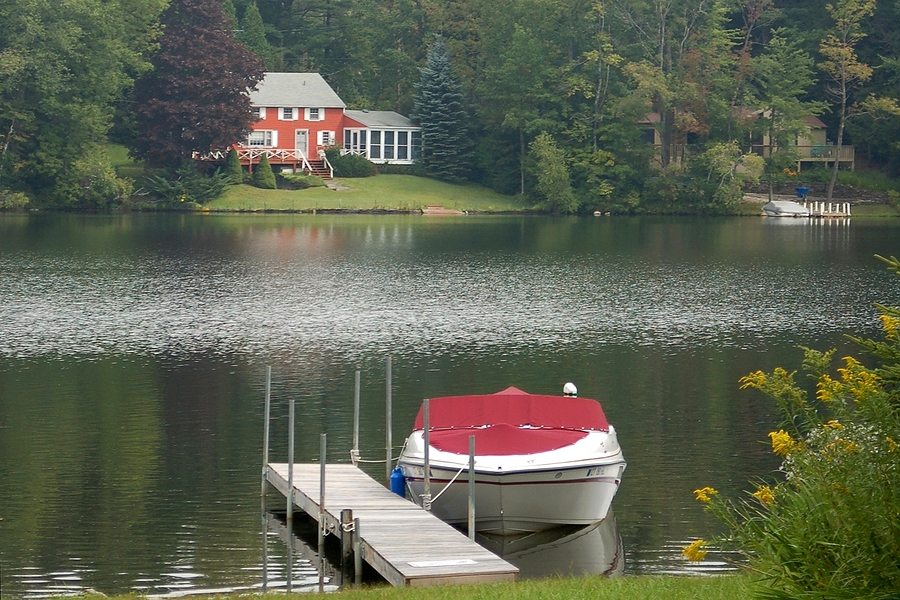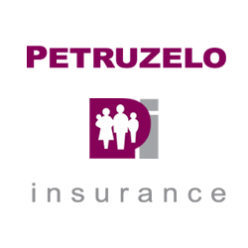
Owning a vacation home is a dream come true for many individuals and families. Whether it’s a serene cabin in the mountains, a beachfront escape, or a cozy retreat in the countryside, your vacation home is a sanctuary away from the hustle and bustle of everyday life. However, just like your primary residence, it’s important to protect your investment with the right insurance coverage. Let’s explore the essential components of vacation home insurance to ensure your getaway remains secure and worry-free.
- Dwelling Coverage: The foundation of vacation home insurance is dwelling coverage, which protects the physical structure of your property. This includes coverage for damages caused by perils like fire, lightning, windstorms, vandalism, and other covered events. It’s crucial to accurately assess the replacement cost of your vacation home to ensure you have adequate dwelling coverage.
- Personal Property Coverage: Your vacation home likely contains personal belongings such as furniture, appliances, electronics, and other valuable items. Personal property coverage provides financial protection in case these items are damaged, stolen, or destroyed. Keep an inventory of your belongings and consider additional coverage for high-value items like artwork or jewelry.
- Liability Protection: Accidents can happen, even on vacation. Liability protection is essential to safeguard your assets in case someone is injured on your vacation property and holds you responsible. This coverage can also extend to incidents like accidental damage to neighboring properties or legal expenses if you’re sued.
- Loss of Use Coverage: If your vacation home becomes uninhabitable due to a covered peril, loss of use coverage can provide reimbursement for additional living expenses. This includes costs for temporary lodging, meals, and other necessary expenses while your vacation home is being repaired or rebuilt.
- Vacant Home Insurance: Vacation homes often remain unoccupied for extended periods, especially during off-seasons. Vacant home insurance addresses the unique risks associated with unoccupied properties, such as vandalism, theft, and undetected damages like water leaks. Be sure to inform your insurance provider if your vacation home will be vacant for an extended period to ensure continuous coverage.
- Natural Disaster Coverage: Depending on the location of your vacation home, you may need specialized coverage for natural disasters such as floods, earthquakes, or hurricanes. Standard policies typically exclude these perils, so consider adding endorsements or separate policies for comprehensive protection.
By understanding and securing these vacation home insurance essentials, you can enjoy peace of mind knowing that your getaway is adequately protected against unexpected risks and liabilities. Consult with an experienced agent at Petruzelo Insurance to customize a policy that meets your specific needs and ensures your vacation home remains a cherished retreat for years to come.
